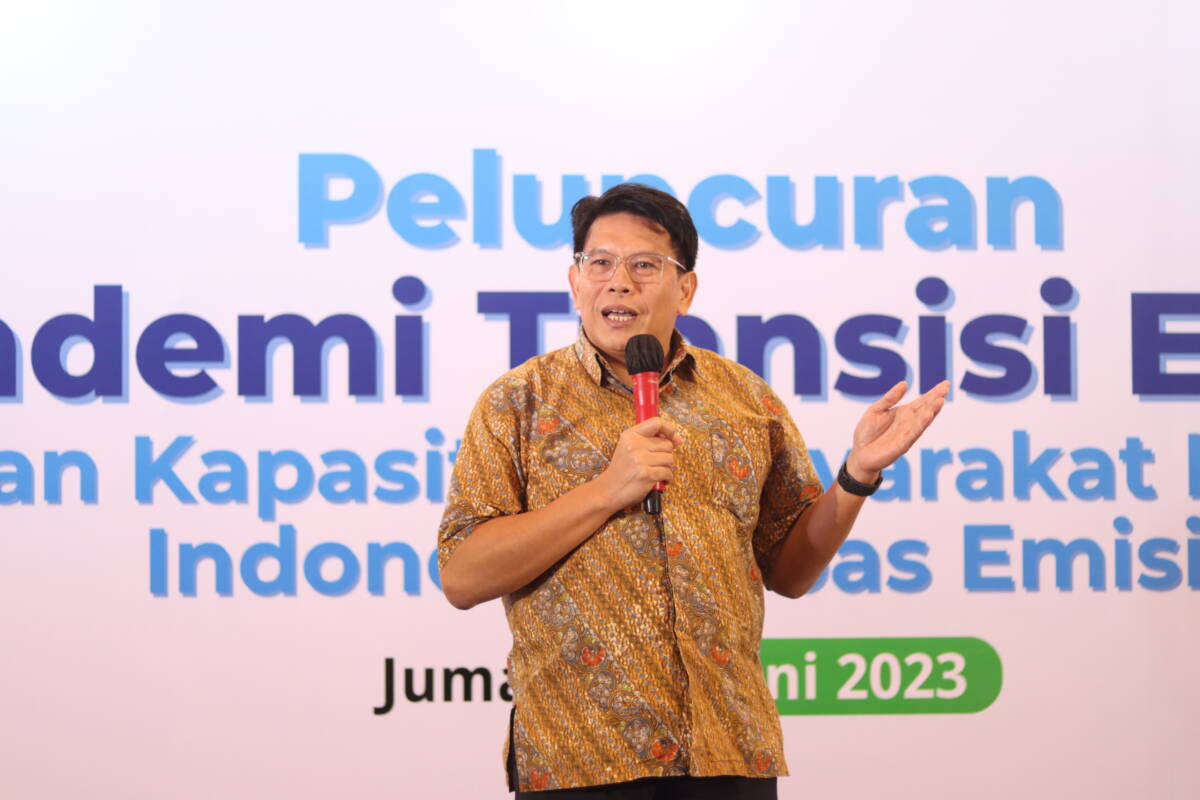Jakarta, August 29, 2023 - The comprehensive investment and policy plan (CIPP), which was initially scheduled for August 2023 to be the end of same year, is considered necessary by the Institute for Essential Services Reform (IESR) to refine the CIPP document to meet the agreed targets and formulate a robust cooperative effort for a…



